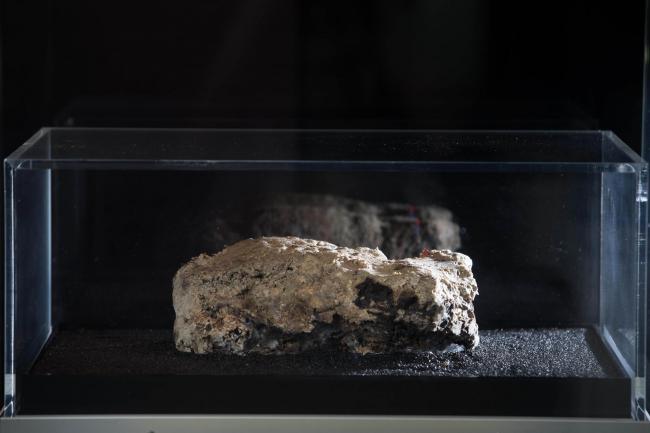
Close to 1,000 blockages across Sutton were due to “fatberg-causing” products being flushed into sewer systems below the borough's streets, according to new figures.
The number now stands at 988 in the year to March and has gradually increased annually - from 865 in 2015/16, to 966 in 2016/17, before rising again.
When products such as fats, oils, and wet wipes are flushed down toilets, mixed with cooking oils being poured down kitchen sinks, the combination can cause these hazardous and expensive headaches.
Thames Water, who released the data today (November 22), spends £18 million a year clearing more than 75,000 blockages from sewer networks - and roughly 87 percent of them are fatbergs.
Last year saw the largest one ever recorded – which was the size of two football pitches and weight the same as 11 double-decker buses – as it was removed from sewers in east London.

The last remaining piece of a ‘monster’, 130-tonne fatberg that was found in east London sewers last September before it went on display at the Museum of London. Photo: David Parry / PA Wire
Parts of it would later go on display at the Museum of London in the City of London.
Now Thames Water has now commissioned an artist who has designed a 3D artwork piece which “lifts the lid” on London’s sewers to help show people these "monster" fatbergs.
A survey, also released today (November 22) by the utility giant, shows four in ten consumers admit to nappies, sanity products, and wipes down the toilet.
People said they do this because it’s more convenient than binning them (14 percent), think they can be flushed (13), or because they don’t think about it (seven).
Many admitted to being confused over the packaging of certain products which say they are “flushable”, like wet wipes – which are among the biggest contributors to fatbergs.
Henry Badman from Thames Water said: “It may seem easier to pour oil down the sink or flush wet wipes down the loo as it is more convenient.
“However, this can lead to blockages which are both expensive to clear and can have a devastating impact on the environment so we’re asking for our customers to help us fight the fatberg by making a few simple changes.”


Comments: Our rules
We want our comments to be a lively and valuable part of our community - a place where readers can debate and engage with the most important local issues. The ability to comment on our stories is a privilege, not a right, however, and that privilege may be withdrawn if it is abused or misused.
Please report any comments that break our rules.
Read the rules here